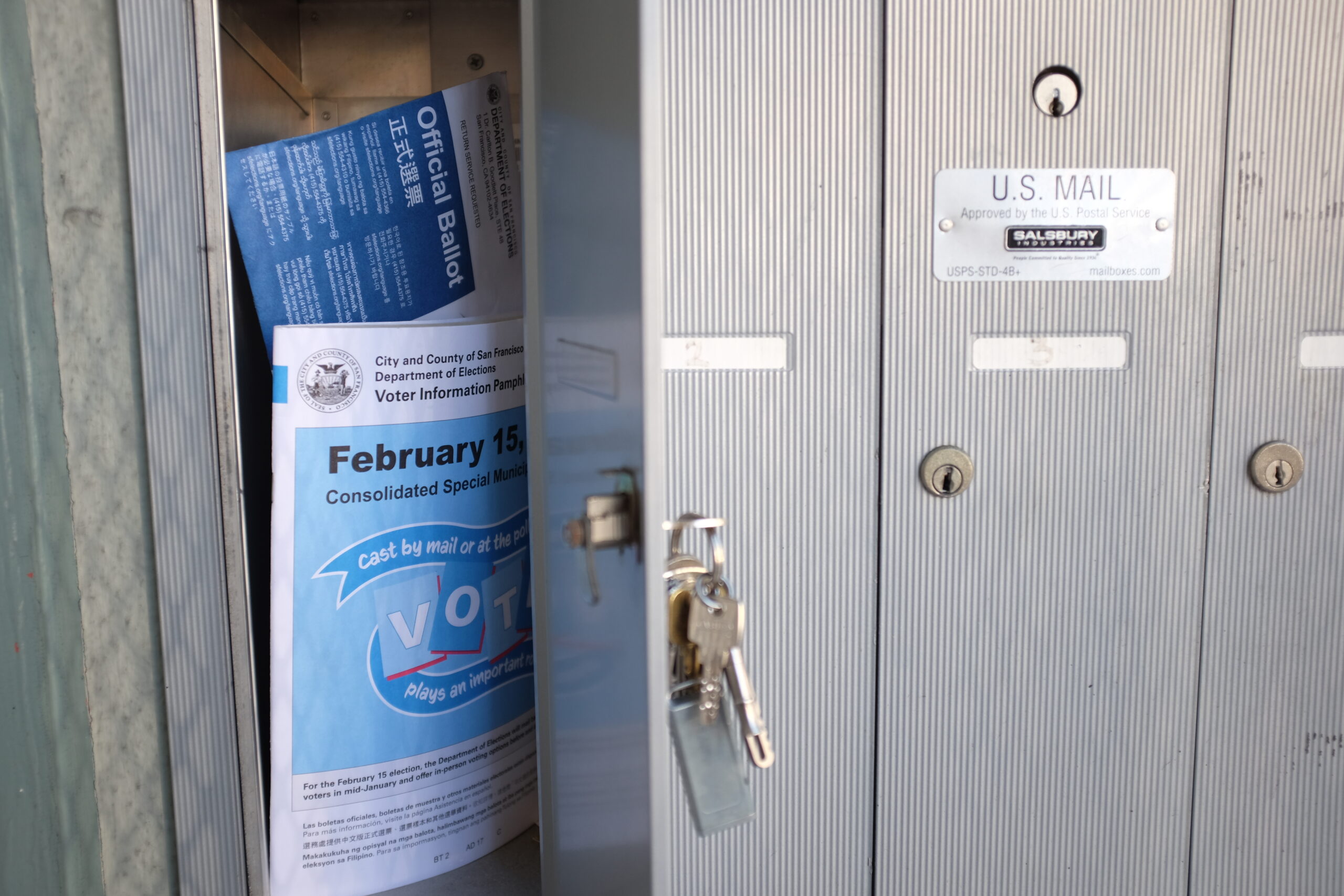With the first of four elections this year coming up on Feb. 15, the city’s registered voters are already getting a torrent of campaign mail. One item that you probably shouldn’t put in the circular file is the Voter Information Pamphlet, the official ballot guide from the Department of Elections.
San Francisco voters are often required to weigh in on complicated issues that can seem arcane or irrelevant at first glance, so the pamphlet is often your first window into what’s at stake in certain races and how important they might be to you. It will be relatively simple for the February special election, which features the school board recall and a state assembly race primary.
When does the Voter Information Pamphlet (VIP) come out?
The first one of the year, for the Feb. 15 special election, is out already; they are generally mailed out four to five weeks before election day. If you misplaced yours or didn’t get one, you can download it or view an HTML version on the Department of Elections website. Copies are also available at polling places for in-person voters.
The Department is required by law to send you a pamphlet in the mail if you’re a registered voter. If you want to save some trees, you can opt out of mailings using the Voter Portal, or by calling the department.
How many pamphlets are mailed out on average?
According to Department of Elections Director John Arntz, about 465,000 voters get an English version of the pamphlet, 29,000 Chinese editions are sent and 7,400 Spanish and 1,200 Filipino versions go out. Around 39,000 prospective voters access the digital version.
The pamphlet is available in multiple formats, including large print and even MP3 audio.
Has interest in the pamphlet increased with the transition to most people voting by mail?
“Interest has probably remained consistent but voters are more sensitive to when they receive the VIP,” says Director Arntz. “Since vote-by-mail ballots arrive at the start of the early voting period, voters expect to also have the VIP arrive around the same timeframe.”
The pamphlet is presented as an impartial document but there are partisan arguments in it. What’s with that?
While partisan arguments for or against ballot measures—both free and paid—have long been a feature of the Voter Information Pamphlet, the measures are first presented to the reader with an official description drafted by the city attorney, and the controller also produces a statement on the fiscal impact of the measure.
On top of this is an impartial summary of each measure composed in simple language, including what aspect of current law the measure would change, and what exactly would happen if the measure passes or fails. These are drafted by the Ballot Simplification Committee, whose members are appointed jointly by the mayor and Board of Supervisors.
This is followed by the ballot arguments. An official ballot argument is chosen by lottery among different submissions from each side, and then come the paid ballot arguments.
Arguments are limited to 300 words, and they cost $200 plus $2 per word to file, and they have to be submitted 78 days before Election Day.
What are the key things in the pamphlet for the upcoming special election?
The Feb. 15 election has no policy measures, but it does have questions on the possible recall of three members of the Board of Education. In the pamphlet they are treated largely like other ballot measures, except that a statement of reasons for the recall written by proponents, along with a response and statement by the recall subject, replace the city attorney and controller’s statements.
Like other ballot measures, these are followed by paid ballot arguments. One argument against the recalls, originally signed by the San Francisco Democratic Party, was the subject of a lawsuit by recall proponents, who alleged the party failed to follow its own endorsement process in submitting the argument. The court agreed and the argument was revised to remove the organizational affiliation.
It looks like some statements by or on behalf of persons being voted on in one way or another are missing from this election’s pamphlet. Why is that?
Candidates for office are allowed to submit a statement for the pamphlet if they agree to campaign spending limits. As it turns out, one of the candidates for 17th Assembly District, Bilal Mahmood, has no statement in the pamphlet. “Mr. Mahmood did not agree to the (spending) limits,” said Arntz.
Additionally, one recall subject, Board of Education Commissioner Alison Collins, did not submit an official statement. (She also did not respond to our inquiries by press time.) She did, however, submit a paid argument on her own behalf.
